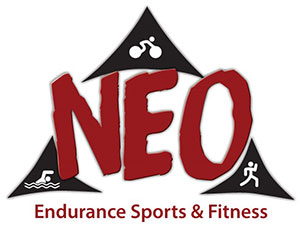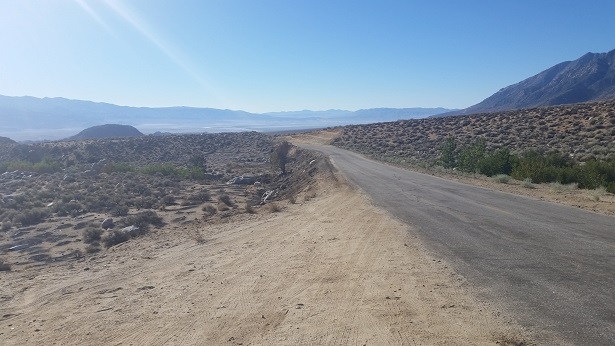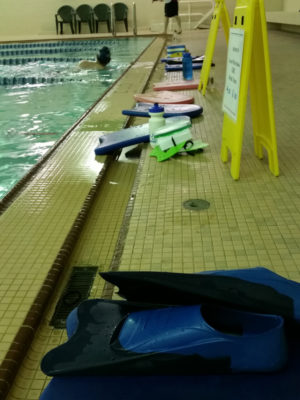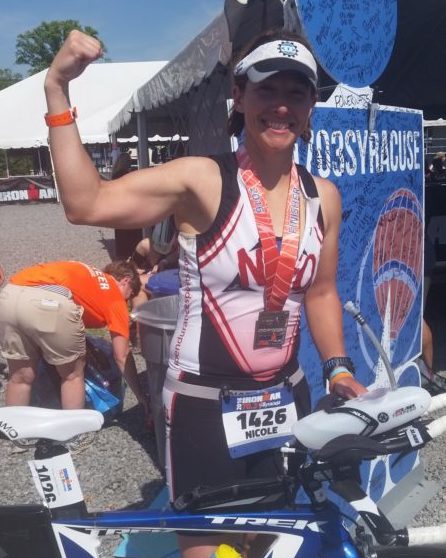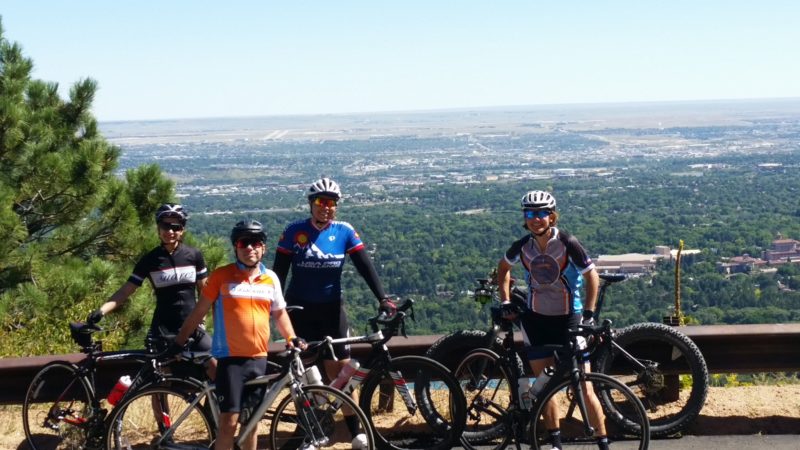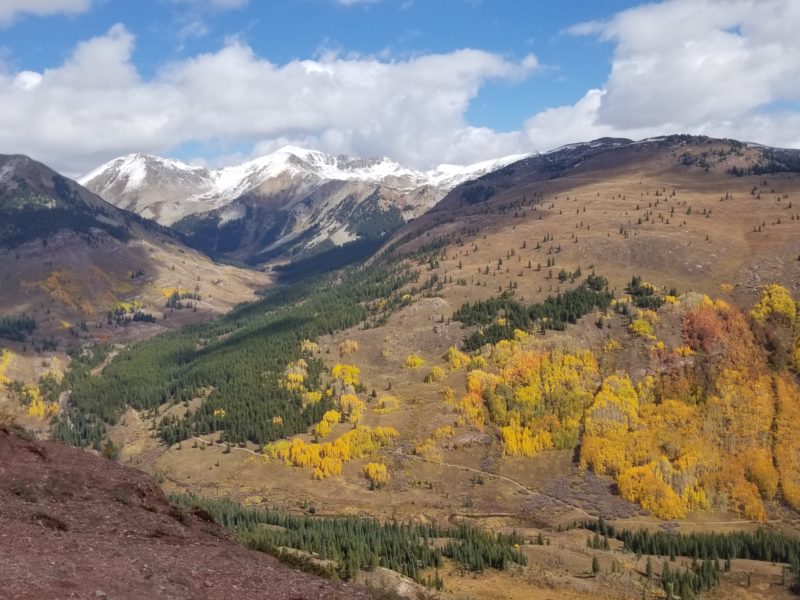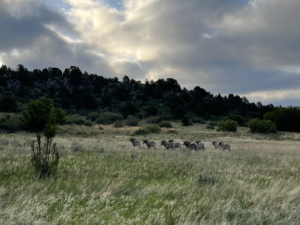One of the perks of living in Colorado Springs is that the community is filled with great coaches. (US Olympic Training Center is here, many of the National Governing Bodies (USA Triathlon, USA Cycling, and a whole lot more) are headquartered here. Carmichael Training Systems is also here, and their Director of Coaching, Jason Koop, has made a name for himself as an ultrarunning expert. He wrote a book a few years ago and finally got around to talking about it in the city he lives in. Colorado Springs has a pretty significant running and now ultrarunning community, and a good number turned up to hear Jason speak last week. As more and more people are getting into ultrarunning, I went to take advantage of his knowledge sharing to see what I could learn.
And while I personally have not run anything longer than a marathon, I have crew experience at a handful of the Badwater-branded ultraruns and have coached athletes in ultrarunning and ultracycling. And if you consider an ironman an “ultra” event, I’ve got that under my belt and have coached many finishers.
Tim Bergsten, local journalist, runner, and race director, introduced Jason to a full house at Colorado Running Company. While it was technically a book talk, and the proceeds from the evening’s book sales went to a local nonprofit supporting accessibility of athletic activity – Achilles Pikes Peak, it was a very informative presentation.
Jason took the microphone and gave a brief overview of how he approached coaching ultrarunners and some of the key points to consider when preparing for an ultrarun, especially if you are new to ultrarunning. Here are my notes from the event.
- Maximize running time (volume) throughout the year. Figure out how you can get the most time out running each year without getting injured. My take-away: this may mean modulating terrain, distance, and not worrying about intensity. If you want to run 50 or 100 miles for your race, you have to get used to being on your feet for a LONG time. And your body tends to tolerate adding volume if you aren’t trying to crush the pace. Just go out and run easy/jog/hike and start adding up the time on your feet . Time is important here, not miles, as not all miles are created equal – the steep trail with technical terrain is not the same as the flat street. (If I’ve coached you, you know I base training based on time!)
- Add some intensity. This point is a vague one on purpose because any run, even a long one, will be faster than your race. So add in intensity efforts that don’t compromise your ability to maximize your annual hours running.
- When you are tired, get this…rest. If you don’t rest, you’ll get injured, which will compromise #1. You don’t need a structured recovery plan. Just make sure you take that day off here and there when the body needs it.
- Train your gut. You will have to eat a lot during an ultrarunning race – so make sure you train your body to take in at least as many calories as you will need. In addition, these training sessions are good experiments in what you like and don’t like.
- Train on terrain that is similar to your event. How much will you be running uphill, downhill, or hiking during your event? Make sure to train those – Specificity, right? Train how you will race.
- Incorporate some training strategy. The above points are not super structured. Essentially you could wake up each day deciding what to do. But once you have the above points under your belt, it may be worthwhile to have a specific strategy to your training.
- Have fancy recovery modalities, ergonomic aids, etc, last. All these tools can help with performance, but the most important piece to ultrarunning is learning how to spend time A LOT of time on your feet. So if these extras help, then add them in last.
If you want to dig deeper into ultrarunning training, here is his Training Essentials for Ultrarunning book. It gets more into the science and specifics of training, and details on some of the classic ultraruns.
What I appreciated about his presentation is that it presented training for a hard event in a very straightforward manner. Master the basics (volume) and go from there. Complex training strategies are not needed, especially for the newer ultrarunner. Get out there on your feet. This applies to any endurance sport. If you are off the couch or new to an endurance sport, the best thing you can do is that sport. Get out and run or ride or swim. Ease into it and gradually increase volume until you can handle a reasonable amount and not fight injury or extreme fatigue. After that, hire a coach and see where you can go!
